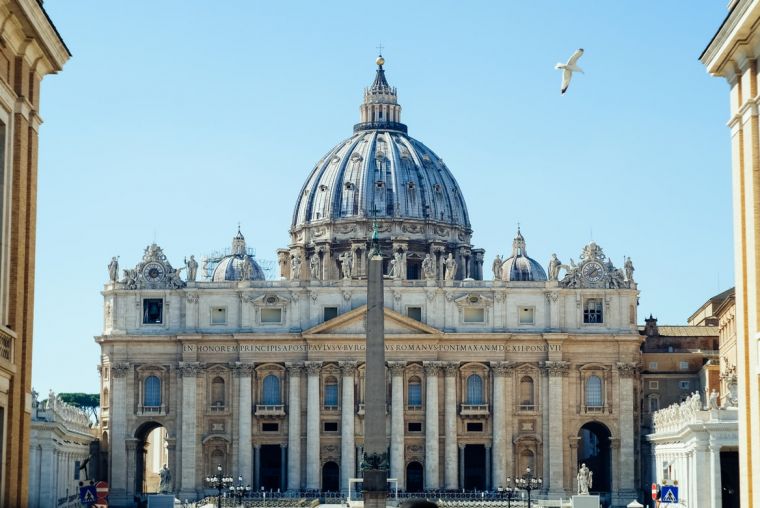Church leaders involved in abuse cover-ups should apologise, says Catholic safeguarding expert

(RNS) — Those responsible for covering up abuse cases should be upfront and apologize, says a top Catholic expert on child protection and accountability. His comments come on the heels of a scathing report on sexual abuse in the Archdiocese of Munich, once headed by emeritus Pope Benedict XVI.
"Everybody who is in a position of responsibility makes mistakes, nobody's perfect, but people would understand if you apologize to them," said Jesuit Fr. Hans Zollner, a member of the Pontifical Commission for the Protection of Minors, created by Pope Francis in 2014 to combat abuse in the church.
The priest urged bishops and faithful to "do publicly what they do privately when they go to confession," listing the steps necessary for the sacrament — examination of conscience, honest repentance, clear confession and the attempt for reparation.
"Then you can get forgiveness and absolution," said Zollner, who is also president of the Safeguarding Institute at the Pontifical Gregorian University in Rome, in an interview with Religion News Service on Monday (Jan. 24).
A report of more than 1,000-pages looking into the cases of abuse in the Archdiocese of Munich-Freising and published on Thursday found that 497 people were abused by clergy members and Catholic laypeople between 1945 and 2019.
Three of the archbishops who oversaw the diocese during this period are still living, including Cardinal Joseph Ratzinger, who served as archbishop of Munich from 1977 to 1982 before becoming Pope Benedict XVI. The report found Ratzinger allowed four priests to continue their ministry in his diocese despite reports of abuse.
The emeritus pope signed a written response to legal questions published alongside the report, in which he expressed his closeness to the victims but denied any wrongdoing. While acknowledging the legal nature of Benedict's response, Zollner, who has spent years instructing Catholic clergy and lay people in dioceses around the globe on how to adopt safeguarding measures, thinks more still needs to be done.
"I would have expected that beyond the response there should have been a greater acknowledgement of the suffering of the victims and there should have been much more empathy and humanity in this than just sticking to the letter of the law," Zollner said.
Benedict's 82-page response "misses the heart and misses the expectations of victims and their families, of the parishes and people in the pews and of the public," he added.
In a message to Vatican reporters on Monday (Jan. 24), the personal secretary to Benedict, Mons. Georg Gänswein, said Benedict's response was "incorrect" in stating Ratzinger was not present during a hearing in January of 1980 where the case of an abusive priest was addressed.
Benedict "is very sorry for this mistake and he apologizes for this mistake," the message read, attributing the inconsistency to an editing error and stating the hearing did not address the pastoral assignment for the priest.
The emeritus pope is expected to release a comment on the report in the coming days, but in the meantime, he voiced his closeness to his former dioceses and its faithful as well as his "shame and pain at the suffering inflicted on the victims."
© Religion News Service











